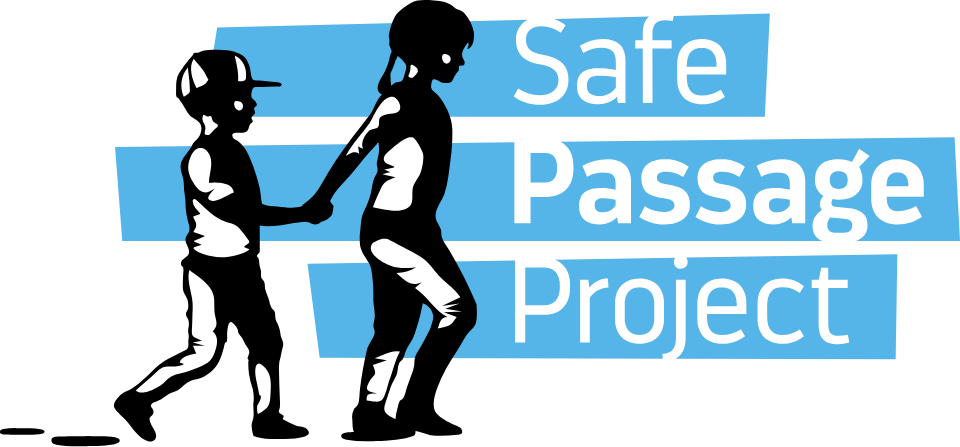 Safe Passage Project just issued a press release in response to the White House demands rolled out Sunday night. Click here to download the PDF.
Safe Passage Project just issued a press release in response to the White House demands rolled out Sunday night. Click here to download the PDF.
The List of Immigration Demands Eviscerates Protections for Children and Tries to Turn Back Judicially Ordered Protections
Late on a Sunday night, the Administration rolled out a list of demands on immigration principles the Administration states are necessary before Congress goes forward to create protection for those people who received Deferred Action for Childhood Arrivals (DACA). But the demands take away both domestic and international rights for others. This trade of rights for some, by harming many, is a poor start to developing lasting solutions for these complex issues.
Safe Passage Project is currently aiding around 700 immigrant youth who would be facing deportation alone if our volunteers and staff did not step forward to assist them in seeking asylum or other protected status. Congress does not provide free public defenders in Immigration Court proceedings and we recruit, train, and mentor advocates to help the children navigate the complex process of seeking protection and status under existing law.
In part, the Administrations List reads like a wish list hoping for statutory fixes that will restore legal arguments the government has lost in Federal Court. For example, the list includes abrogating a twenty year settlement in the Flores case that ensures that children are not detained indefinitely, that children have a fair opportunity to seek asylum protection, and that children can ask for state and federal courts to give them a chance to explain why they cannot return safely to their country of origin. Many of the changes sought are those Congress carefully designed and put into place in the Trafficking Victims Protection Reauthorization Act. Congress must preserve these measures, not strip them away.
The Administration inaccurately and improperly states that children are “admitted illegally.” In fact, these children are apprehended, detained, and put into deportation proceedings. They are not “admitted” and given status. Further, the staff who drafted this list seem to misunderstand one of the most important protections found in U.S. law since 1990: the protection for abused, neglected, or abandoned children. The list suggests that Special Immigrant Juvenile Status is a “loophole” for children to be admitted to the United States. Quite the contrary, Special Immigrant Juvenile Status is a carefully designed provision that balances federal regulation of immigration with state law protection of children. It is not a visa, it is a needed path to a safe haven.
These complex legal determinations cannot be made rapidly by untrained agents at the border. Frequently,children and teens are so traumatized during their journeys that it can take many hours of interviewing and building trusting relationships before a formal application can be prepared.
The UNHCR reminds us that women and children now represent over 50% of the world’s refugees. The U.S. law has provided a small measure of opportunity to seek protection. The proposals strip away these modest protections. We do not need to lock up these children. We do not need to gut their modest procedural rights. Instead, wee must preserve an opportunity for these young people to seek protection.
